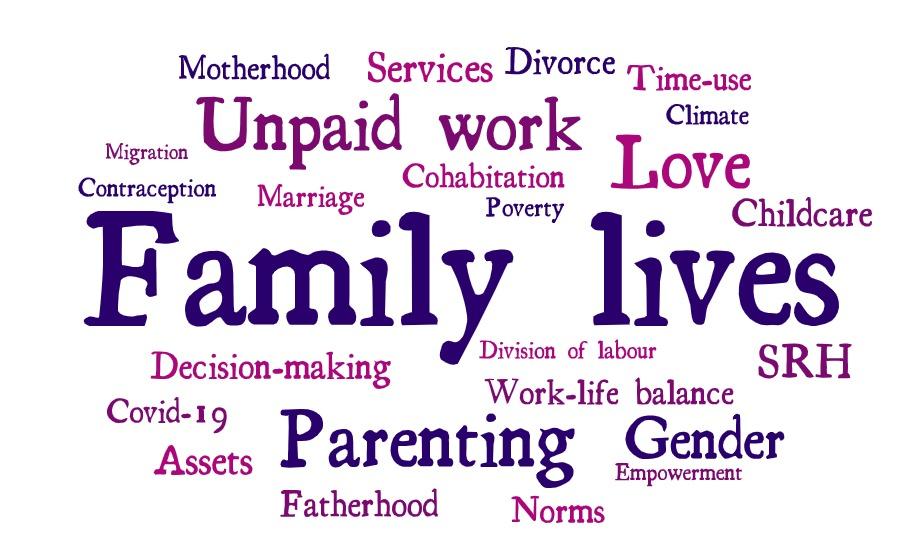Breadcrumb
Understanding how both young women and young men experience and respond to different aspects of their family lives is central to achieving many of the targets on gender equality under Sustainable Development Goal 5, including in relation to unpaid care and domestic work, early marriage, and parenthood and domestic violence.
Young Lives longitudinal data allows us to investigate how the consequences of childhood poverty and gender inequality play out in family lives and livelihood decisions. In their third decade of life, many of the young people in our study have already entered into marriage or cohabitation, setting up households and having children of their own. Our mixed-methods intergenerational research allows an in-depth understanding of what happens within households, and how widening inequalities impact young people’s transition through adolescence into adulthood.

Our Learnings
Our evidence demonstrates a profound change in the experience of adolescence over the first two decades of the 21st century. The young people in our study are likely to stay in school much longer than their parents did, delaying their entry into the labour force, and getting married and starting their own family later. However, persistent inequalities and patriarchal norms continue to influence young women’s and young men’s life choices and limit the possibilities for personal and social change.
Gender differences in young people’s transition to adulthood widen significantly during adolescence, affecting young women and young men in different ways at different times, particularly in relation to education, early marriage and parenthood, migration and getting a decent job. For example, the transition to marital life is often particularly difficult for adolescent girls and young women, with few services designed to meet their sexual and reproductive, study and training, or social support needs. The way in which gender intersects with other inequalities, including wealth, rural location and minority status often matters most.
Young people are having to navigate the COVID-19 pandemic and a changing climate at a critical period when they are expected to set the foundations for their adult lives. Evidence from our 2020 phone survey shows that widening inequalities exacerbated by the pandemic are having a profound impact on young people’s family lives and livelihoods, with households tending to resort to more traditional gender roles in times of stress. While the combined pressures of interrupted education and increased unpaid domestic work and care responsibilities has meant vulnerable girls and young women have been particularly affected, increased experience of domestic violence during lockdowns has affected both young women and young men.

